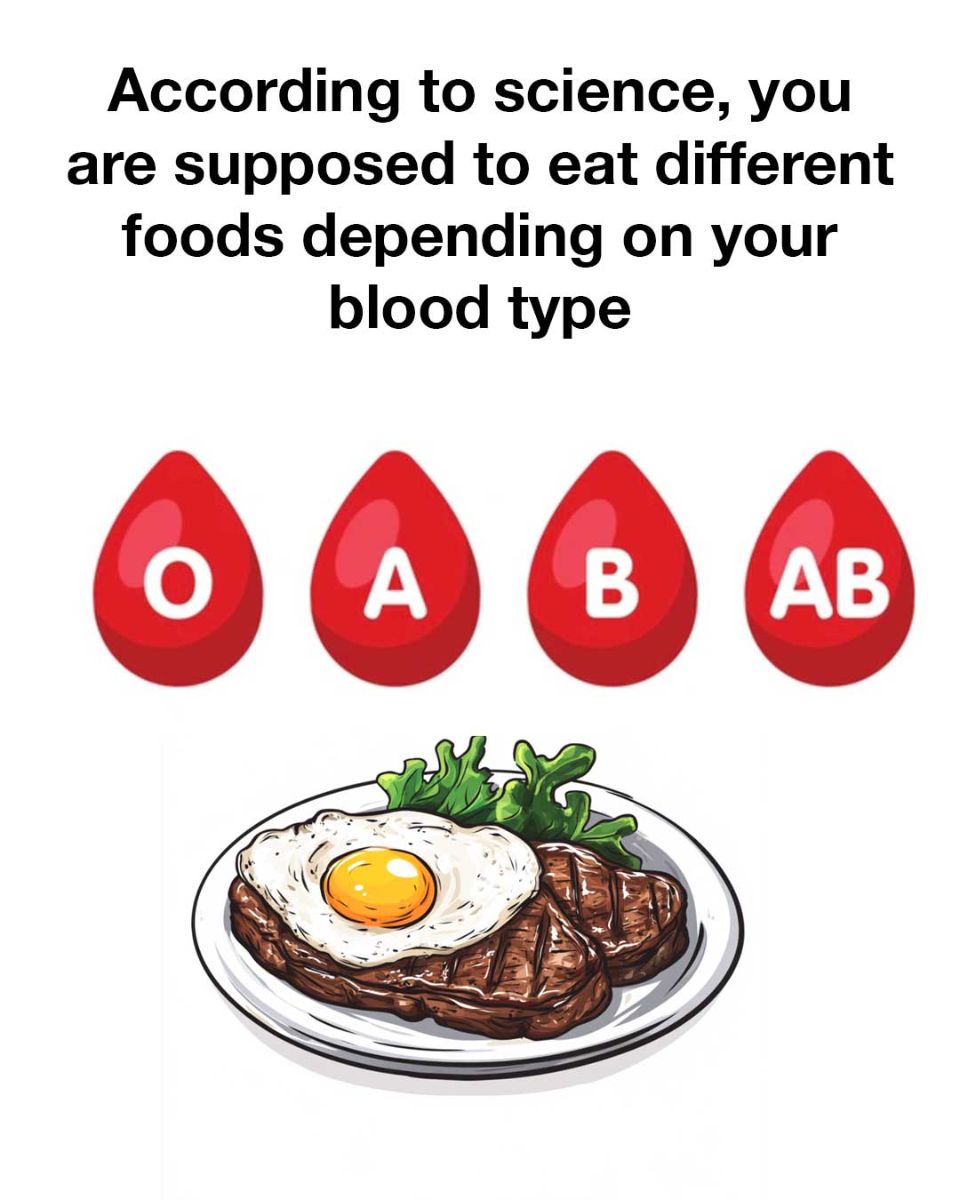Blood Type-Specific Diet Guidelines
Blood Type A
Individuals with blood type A are advised to follow a primarily vegetarian diet. Recommended foods include vegetables, fruits, tofu, seafood, grains, beans, legumes, and minimal dairy. Foods to avoid include meat (especially red meat), dairy products, kidney beans, lima beans, and certain wheat products. The theory posits that type A individuals have a more sensitive immune system and lower stomach acid, making plant-based foods easier to digest.
Blood Type B
People with blood type B are believed to tolerate a wider variety of foods. Recommended foods include green vegetables, eggs, certain meats (like lamb and goat), low-fat dairy, and specific grains. Foods to avoid include chicken, corn, wheat, lentils, peanuts, and tomatoes. The diet suggests type B individuals should focus on foods that enhance metabolic function and maintain a healthy gut.
Blood Type AB
Since AB blood types have both A and B antigens, they are encouraged to follow a diet that combines elements of both the type A and B diets. Recommended foods include tofu, seafood, dairy, green vegetables, and grains like quinoa and brown rice. Foods to avoid include chicken, corn, buckwheat, and kidney beans. The focus is on supporting the immune system and digestion, given the complexity of having both A and B antigens.
Blood Type O
Type O individuals, believed to have the oldest evolutionary blood type, are recommended to eat a high-protein diet. This includes meats, vegetables, fish, and fruits. Foods to avoid include grains, legumes, dairy products, and certain fruits like melons and oranges. The diet suggests that type O individuals have higher stomach acid, enabling them to digest animal proteins more efficiently.
Benefits and Criticisms
Benefits of Adhering to a Blood Type Diet
Proponents argue that the Blood Type Diet may offer various health benefits, including improved digestion, increased energy, and better weight management. The diet emphasizes whole, unprocessed foods and limits problematic items like sugars and unhealthy fats, which can lead to better overall health and fewer digestive issues for some people.
Criticisms and Controversies
The Blood Type Diet has been widely criticized by nutritionists and medical experts due to a lack of strong scientific evidence supporting its claims. Critics argue that there is insufficient research linking blood type with dietary needs. Some studies have found no conclusive connection between blood types and food reactions, leading some to dismiss the diet as too restrictive or imbalanced.
Current Research and Future Directions
Research on the Blood Type Diet remains limited and often inconclusive. While some small studies suggest minor connections between blood types and certain health outcomes, large-scale peer-reviewed research is necessary to validate these findings. Future studies may explore the interaction between blood types, genetics, and diet to determine whether blood type should truly influence our food choices.
Conclusion: Is the Blood Type Diet Right for You?
Whether the Blood Type Diet is appropriate for you requires careful thought, possibly with advice from a healthcare professional. While anecdotal reports suggest potential benefits, the lack of robust scientific support means it may not be suitable for everyone. It’s essential to ensure that your diet remains balanced and fits your individual health needs, regardless of your blood type.
ADVERTISEMENT

